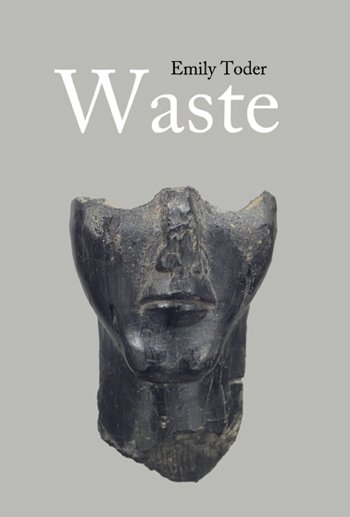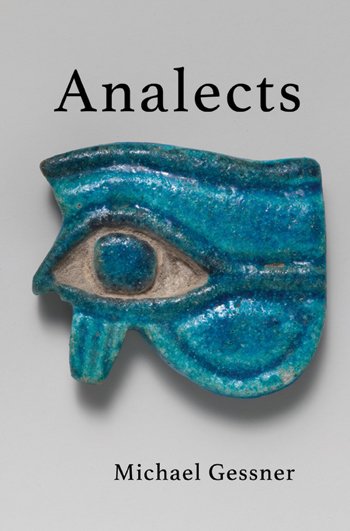Waste is a lyrically precise set of propositions into all things related the act of disencumbering garbage, refuse, and rubbish. In the course of reading this amazing book, you will find yourself considering your own dysrhythmic/rhythmic relationship to what you have flushed away: a lover, a decade, a word, a personal philosophy, a season, or even a crumpled piece of paper. In this age of material excess, Toder has gifted us with such claims to define our human tolls: “Wasting life / is the easiest thing to do in the world.” Cherish this book. —Amy Lawless
Through these honest, prismatic poems, Emily Toder explores what is cast off, what is extra, and what we deem unsalvageable. This book reveals that our garbage can be a lesson in our humanity and, sometimes, that lessons in our humanity are garbage. Either way, both ways, I love this revelatory book. —Sommer Browning
Emily Toder’s Waste is a meditation on loss, as all poetry is. But it is also an analysis of what is to be gained: days, months, years; human dignity; romantic love. The words on these pages are at turns quizzical, frustrated, ecstatic, and sad. The series is ultimately metaphysical in nature, marrying the spiritual and material in a warm, inquiring union of urbane lines. I really loved this book. The time that I spent reading it was time very well spent; my loss and gain. —Katy Lederer
Emily Toder is the author of the collections Beachy Head and Science, both from Coconut Books, and the chapbooks Brushes With (Tarpaulin Sky), No Land (Brave Men Press), and I Hear a Boat (Duets Books). She lives in New York.
Book Information:
· Paperback: 106 pages
· Binding: Perfect-Bound
· Publisher: BlazeVOX [books]
· ISBN: 978-1-60964-327-0





